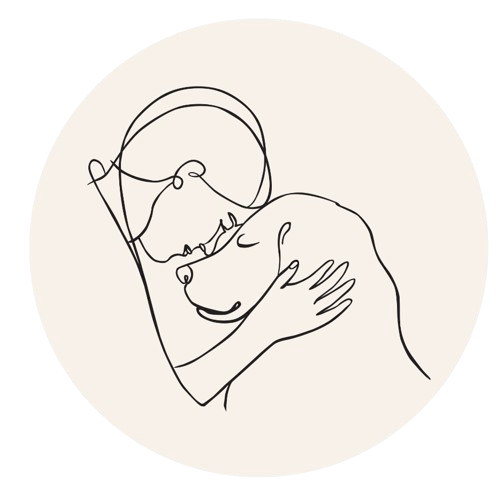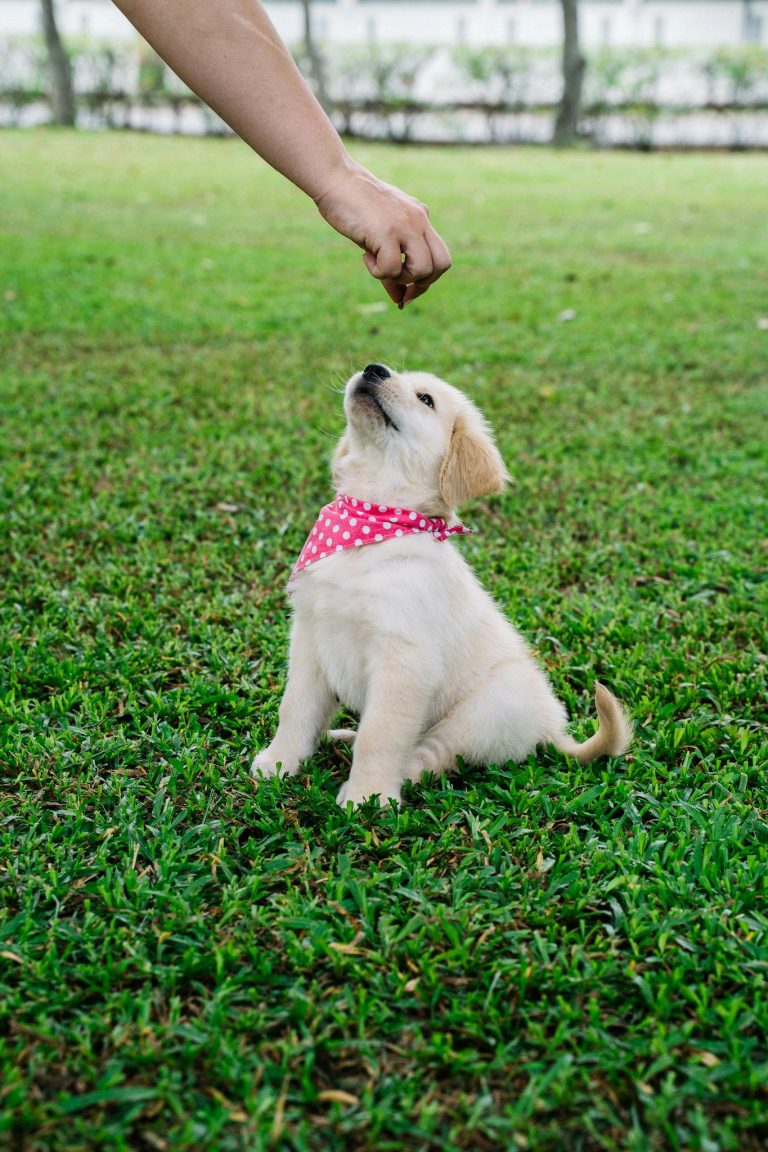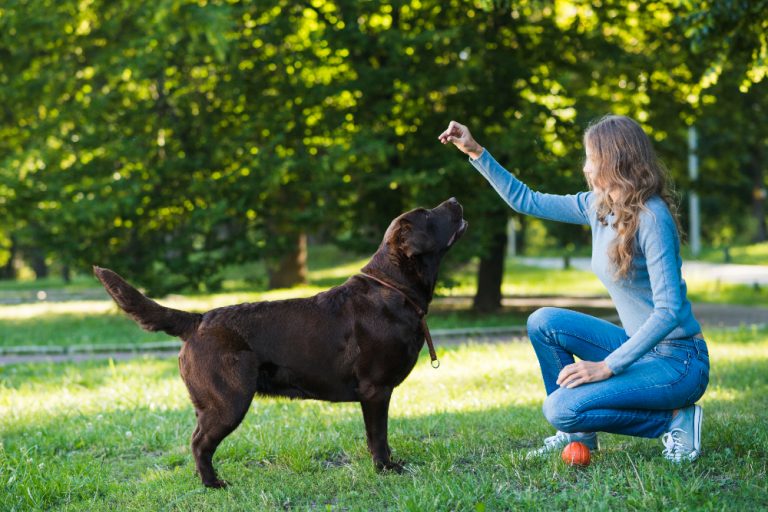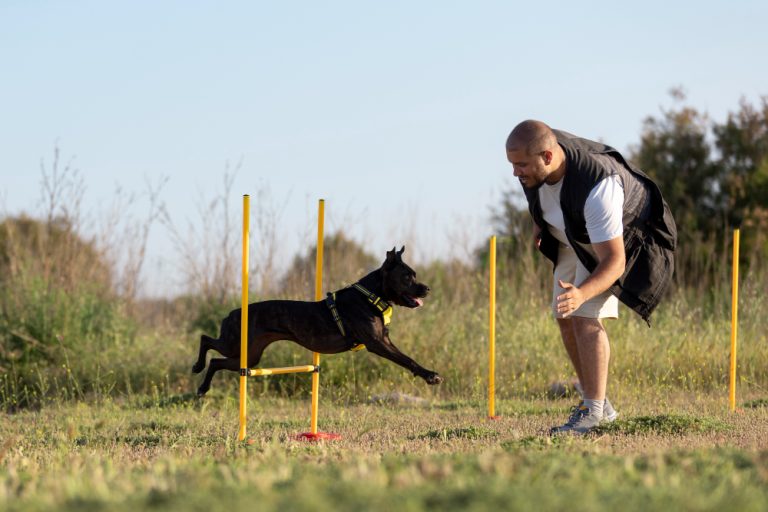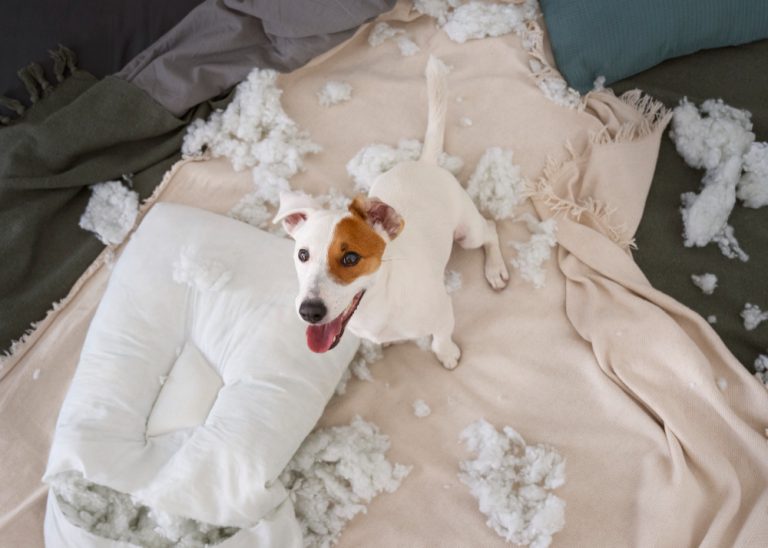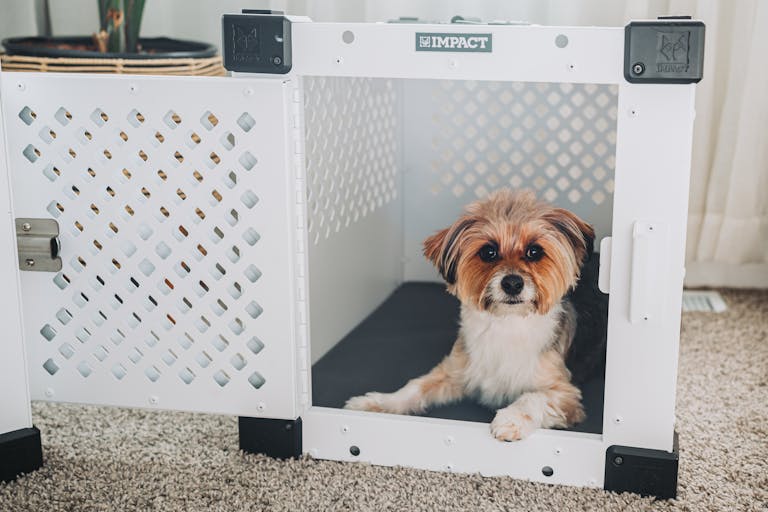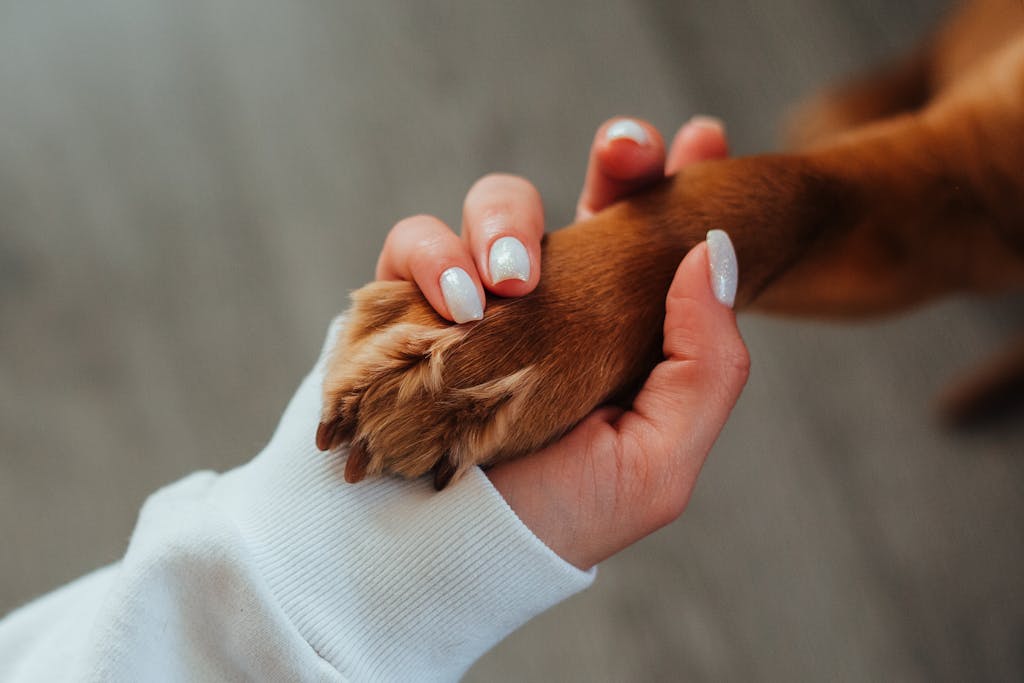
Separation anxiety is a very common yet complex and misunderstood behavioural issue in puppies and adult dogs. What works wonders for one dog might do nothing for another dog.
Certain dog breeds can be especially prone to separation anxiety as a genetic predisposition, but it can really happen to any dog. We often see it when dogs become deeply attached to someone in their household, as they become used to that person’s presence and suffer terribly whenever they are away. Dogs can also develop separation anxiety when their owners move house, change jobs, go on holidays, or spend lengthy amounts of time away from home.
Most of the calls that local councils receive for excessive dog barking happen on Mondays and Tuesdays. Why is that, you ask? After the family spent all weekend with the dog, they all go back to work and school. Dogs that were attended to all weekend find the beginning of the week hard to tolerate being left alone for hours on end before anyone comes back.
What causes separation anxiety in dogs?
There are a number of factors at play when it comes to separation anxiety. This includes the dog’s own genetic predisposition, the lifestyle of its owners, and the habits and emotional states that owners can instil in their dogs through certain behaviours. Unfortunately, a lot of owners contribute to their dog’s anxiety without even realising it.
Dogs are masters in training us. Think about it. Dogs usually have constant access to their owners. They snuggle up when they feel like it, bring a ball to play with you, beg for food and attention, ask for belly rubs… And it works – they continually get what they want, whenever they want it. That alone can make dogs very dependent on our company.
Puppies usually come from a litter of multiple dogs that never got constant access to their mum. She couldn’t possibly cater for each of her puppy’s needs. She would decide when to feed her pups, when it was play time, when she gave affection, and so on. As a result, her puppies would need to learn how to keep themselves entertained.
These dogs then come into our houses and are the centre of attention. By catering to your dog’s every need, they become dependent on your presence, only to be overcome by anxiety and loneliness in your absence. This is often expressed as restlessness, panting, barking, whining, house soiling, chewing or destroying things.
Dealing with any of the above? Try these 7 tips and tricks to help fix your dog’s separation anxiety today.
Step 1: If in doubt, tire them out
If you know you’re going to leave your dog all alone for multiple hours, always make sure to give them a good long walk to keep them mentally stimulated and physically exhausted. This is extremely important for their overall wellbeing.
Step 2: Know when to say ‘no’
Smothering your dog with attention on the weekend only to leave him for hours on end when you go back to work makes them dependent. So, as hard as it is, don’t always cater to your dog’s every wish. Instead, offer food, entertainment and affection on your terms, not when your dog demands it.
Step 3: Offer plenty of play
Give them food in Kongs, chew toys, and dog puzzles to keep them occupied even when you are at home with them. Dogs are highly intelligent creatures – let them put those beautiful brains to work!
Step 4: Give ’em some space
Whenever your dog goes into their crate, playpen or bed, let them be. They are choosing to be on their own, so if anything, that should be encouraged.
Step 5: Set bigger and better boundaries
Confinement can be a good thing. Constant access to you is not helping your dog develop independence. Start off by confining your dog with a tasty chew and stay very close by. Every day remove yourself a little so your dog gets used to not always having you around.
Step 6: Stay cool, calm and collected
Don’t get too excited when you walk in the door. You can still greet your dog, but don’t sing an opera! Instead, give them a short greeting with a little head pat and let them settle down. Once they’ve settled down a bit, call them over to give them loads of love and affection – again, it’s on your terms, not theirs.
Step 7: Ping a professional
Following these steps can help, but ultimately, there is no one way to fix this issue. Some dogs can’t eat once their owner leaves; some can’t stand confinement; some can’t remove themselves from their owners at all. Just like humans, dogs each have their own personalities, preferences and predispositions that make them unique.
This is why I highly recommend using a professional dog trainer who specialises in separation anxiety. They can tailor a specialised program for your particular dog for quick and lasting results.
Other ways to tackle separation anxiety
- Puppy School
If you’re looking for ways on how to cure separation anxiety in puppies, our puppy school is the perfect starting point for puppies showing early signs of separation anxiety. We cover basic obedience and socialisation, crucial for preventing separation anxiety from developing. - In-Home Training for Separation Anxiety
For busy pet owners and separation anxiety dogs that require more individual attention, we offer in-home training sessions across Sydney. This allows us to work with your dog in your own home, where they’re most comfortable. We work closely with you and your dog to create a personalised training plan that addresses your dog’s specific needs, focusing on effective techniques and strategies to alleviate and manage their anxiety.
About Liarne Henry, K9 Trainer
Liarne Henry is a renowned dog trainer with over 30 years of experience specialising in behavioural training and separation anxiety in dogs. Liarne’s methods are based on the latest research and a deep understanding of dog psychology, ensuring that all dogs with separation anxiety receive the best possible care and training. Get in touch with Liarne today.
FAQs
How can I tell if my dog has separation anxiety?
Signs of separation anxiety include destructive behaviour, excessive barking, and distress when left alone. If your dog exhibits these behaviours, it might be time to consider getting a professional dog trainer.
How long does it take to cure separation anxiety in dogs?
the duration of the training depends on the severity of the anxiety and the individual dog. However, with consistent training and follow-through, many owners see significant improvements in their separation anxiety dogs within a few weeks.
Can older dogs benefit from separation anxiety training?
Absolutely. Dogs of all ages can overcome separation anxiety. Our programs are designed to cater to dogs at any stage of life.
How to cure separation anxiety in puppies?
In terms of puppies and separation anxiety, early socialisation and training are key. Our puppy school classes are an excellent way to prevent puppy separation anxiety by teaching your furry friend how to be comfortable with being alone from a young age.
